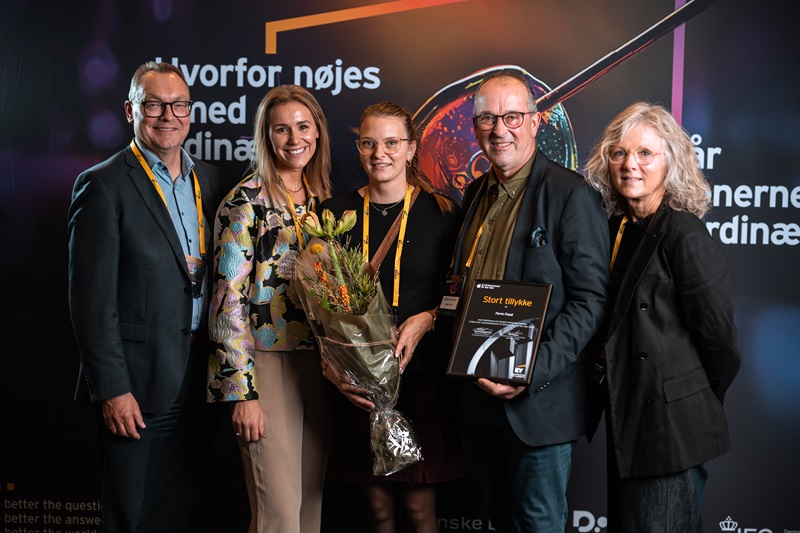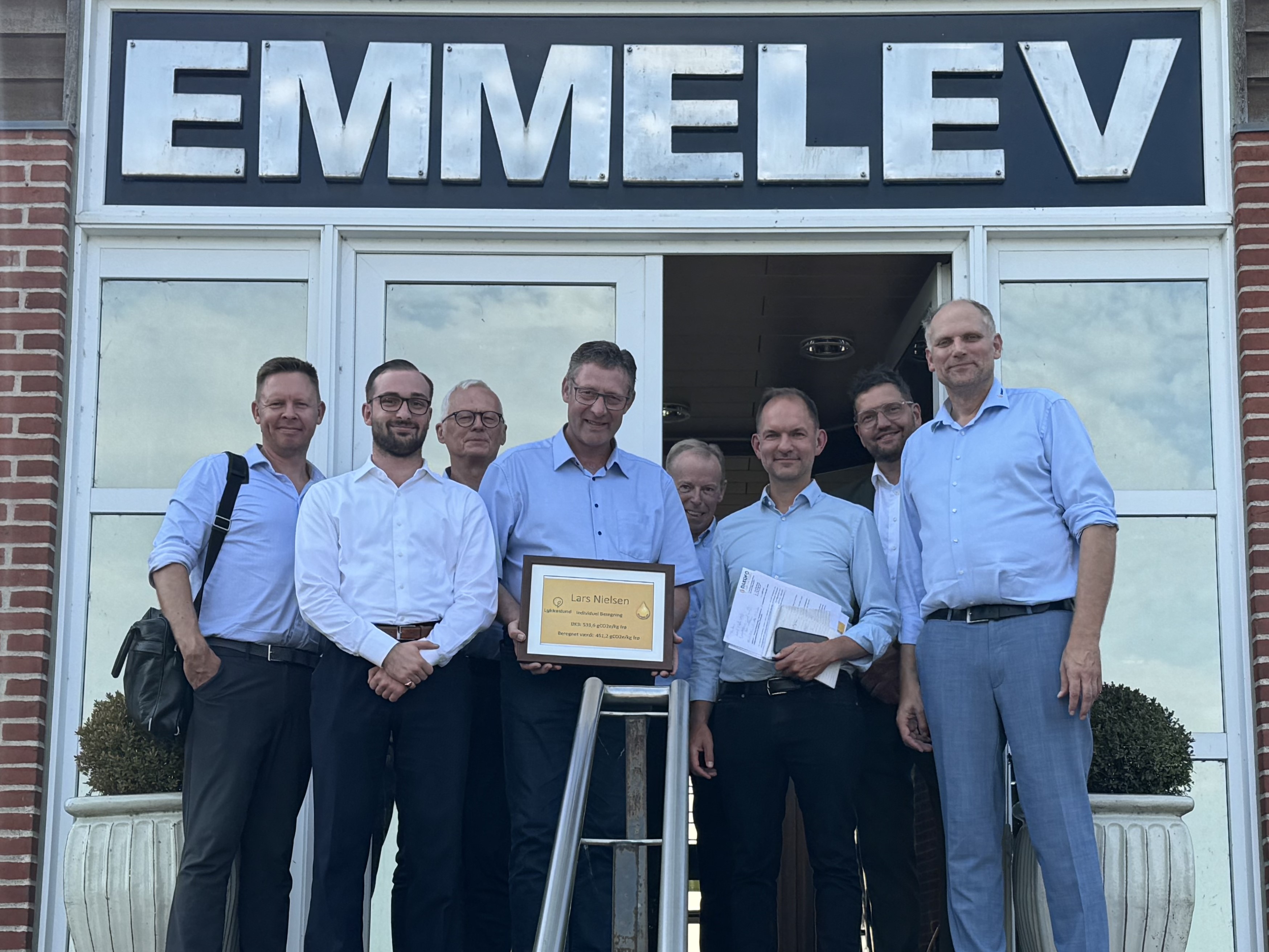V-proposal: Refuel locomotives with Danish biodiesel. Venstre’s Kristian Pihl Lorentzen questions the Minister of Transport.
The Case for Biodiesel in Danish Rail Transport
A significant portion of locomotives in Denmark still operate on fossil diesel, but according to the transport spokesperson, Kristian Pihl Lorentzen, this could be efficiently replaced with Danish biodiesel as soon as possible. Locomotives can run on biodiesel without any technical modifications, as it is a well-established fuel for heavy transport.
“It is clear that DSB and Arriva should take advantage of this climate benefit. In the long term, all train transport should transition to electricity, and DSB will be receiving new electric trains in 2024, which are expected to run on wind power. However, transitioning operations takes time, and until that happens, biodiesel is a solution that should be seriously considered,” says Kristian Pihl Lorentzen. He made these comments after a recent visit to Emmelev A/S in Otterup, Funen, where biodiesel is produced from Danish-grown rapeseed. Today, biodiesel is mixed with all regular diesel fuels across Europe, and in Sweden, for example, many heavy trucks and buses run exclusively on biodiesel, explained Morten Simonsen, co-owner of Emmelev A/S.
Questions for the Transport Minister
Following his visit to Emmelev A/S, Kristian Pihl Lorentzen posed several questions to the Minister of Transport, Benny Engelbrecht, regarding the potential for using biodiesel in diesel trains and locomotives. He asked the minister to provide information on how many tons of CO2 could be displaced annually up to 2030 if biodiesel were used in DSB and Arriva’s diesel locomotives and trains starting from January 2021. He also inquired about the overall and annual additional operating costs associated with such a green transport initiative.
“We need to begin negotiations on climate action in the transport sector. The business community is calling for clear framework conditions both in the short and long term, so they understand the terms. It’s about setting targets for CO2 emission reductions, enabling businesses to identify the most cost-effective solutions. In this context, I see biodiesel as an excellent short-term solution,” says Kristian Pihl Lorentzen.





